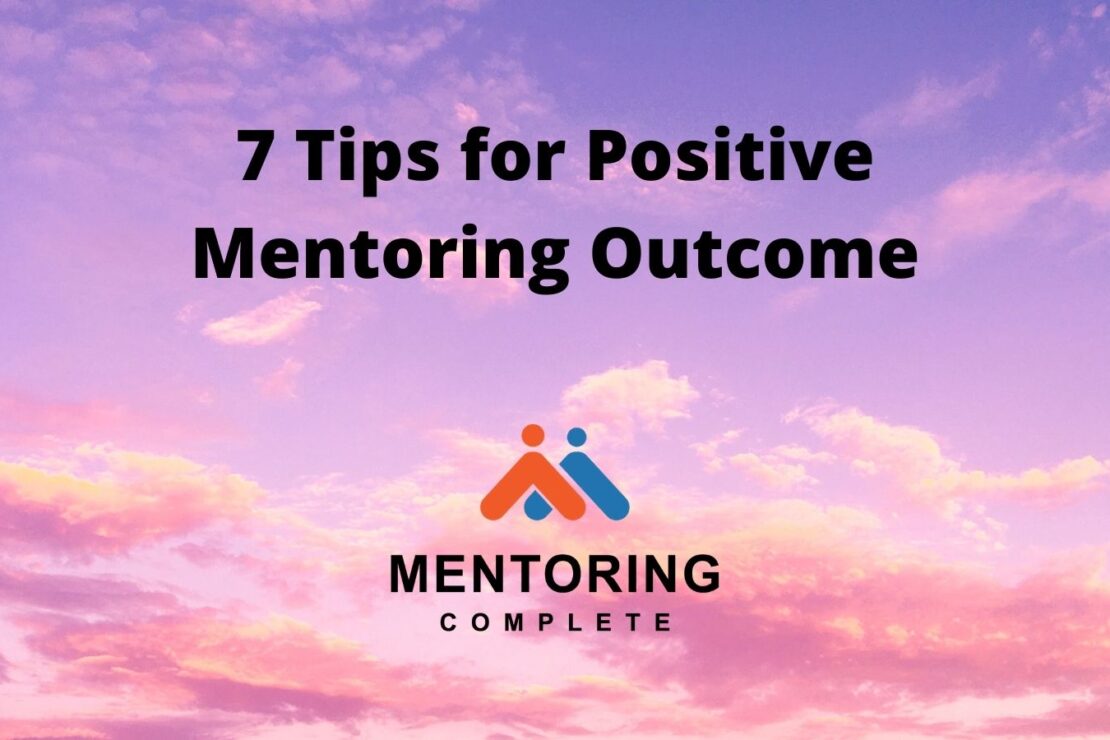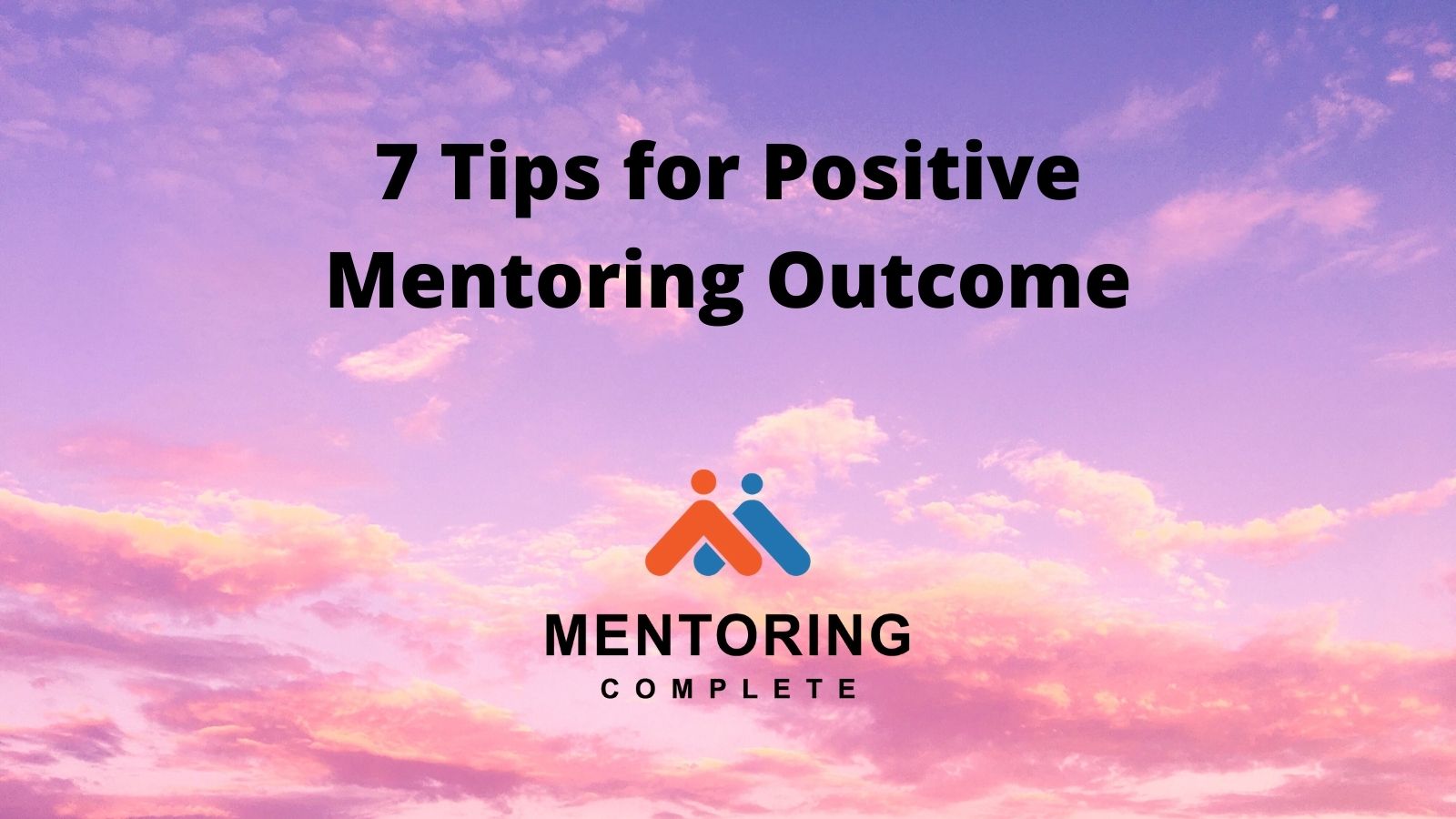
 You’re getting ready to embark on a mentoring relationship. You’re excited and maybe a little nervous. And you’re hoping it will be a success. Here’s how to make sure your mentoring experience is a positive one.
You’re getting ready to embark on a mentoring relationship. You’re excited and maybe a little nervous. And you’re hoping it will be a success. Here’s how to make sure your mentoring experience is a positive one.
1. Take time to understand what mentoring is. The biggest mistake that new mentors and mentorees make is diving in without having any understanding of what mentoring is—and what it’s not.
For example, a mentor is not someone who is going to teach you how to use a piece of software (this would be a job for a business coach). In a mentoring relationship, the mentoree always does the heavy lifting since mentoring is all about personal and professional transformation.
Mentors and mentorees should familiarize themselves with mentoring. (And program managers should make this a requirement for participants.) At Management Mentors, we provide budget-friendly online mentoring training that participants can take at their convenience. We also have a great e-book called Mentoring: A Business Strategy That Works.
2. Set goals and expectations right away. During the first meeting, mentors and mentorees should discuss goals for the relationship. Again, the mentoree should lead this. In what ways does the mentoree want to grow and transform? Is this achievable, given the timeframe? Or should the mentoree whittle down his or her list? It’s better to set reasonable goals than to take on too much. Otherwise, both the mentoree and mentor could end up feeling frustrated and/or disappointed in the end.
Mentors and mentorees should also discuss other expectations: when they’ll meet, where they’ll meet, confirmation method, cancellation protocol, and so forth.
3. Communicate, communicate, communicate. The key to any good relationship is effective communication. But effective communication goes beyond the face-to-face meetings between mentors and mentorees. We’re talking emails, texts, voice mails. Always be clear and professional and avoid passive aggressive behavior. For example, don’t complain to a friend about your mentor/mentoree. If there’s an issue, confront it head on with the other person.
Another point: it’s important that mentors and mentorees communicate with program managers through good times and challenging times alike. And program managers should take a proactive approach, meaning they should reach out to mentors/mentorees on a regular basis.
Also Read: What are the Mentoring Expectations for Mentors and Mentees
4. Conduct regular check-ins. Mentors and mentorees already meet regularly. During those meetings, the mentoring happens. Sometimes, however, mentors and mentorees are so close to what they’re focusing on that they forget to take a step back and evaluate where they are, what’s going well, and what they can improve. Take time to conduct “check-ins” (loop in the program manager as well). We recommend doing check-ins at 90 days, six months, and nine months.

5. Make adjustments, as needed. What you decide at the outset of your mentoring relationship will likely change over time. That’s OK (provided both parties agree). In fact, it’s quite common to make adjustments after the check-in meetings.
6. Avoid comparisons. You can certainly borrow ideas from other mentors and mentorees when/if they share their experiences. But remember: your dynamic is going to be different, simply because you and your partner are different from other pairs. And that’s OK. Focus on your relationship and getting the most out of it. Don’t worry about what other people are doing.
7. Promptly resolve issues. When two people work closely together over the course of 9-12 months, issues and challenges can come up. This isn’t a bad thing; it’s simply life. But if no one addresses the issues? THEN the real problems begin. So if something comes up, address it right away. If you’re uncomfortable doing so, reach out to your program manager for guidance (that’s what he or she is there for).
